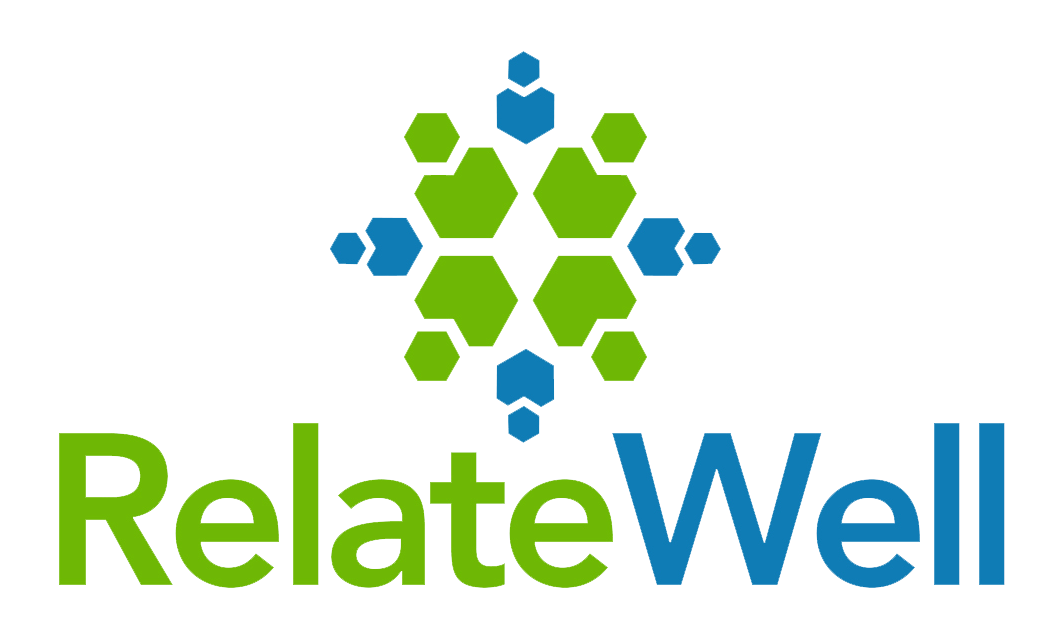RELATEWELL WORKSHOP OBJECTIVES
Understand the vital importance of teachability and humility to achieving relational success
Discover the power and impact of an “Us” vs “I” paradigm change
Learn crucial components—the Four Protective Walls—to empowering couples to change
Expand emotional regulation, communication, listening, problem solving and confiding tools
Learn how “forgiveness” provides a strong foundation to heal
Explore the critical effect of family origin on the Four Protective Walls in relationships
MODULE 1 Chapter One
Learn the impact of teachability and humility in relationships; the four emotional stages of development; gain a new perspective on “Us” vs. “I” in relationships; and the need to help couples envision desired outcomes in therapy. The Four Protective Walls are introduced and discussed.
MODULE 2 Chapter Two
Dr. Marks shares the traits of love and explores Dr. Robert Sternberg’s Three Dimensions of Love. A client’s biological need for bonding and the ten core relational needs that lead to bonding and feelings of love are reviewed. Dr. David Ferguson’s Relational Needs Assessment tool to identify a person’s top three relational needs.
MODULE 3 Chapter Three
Empathy, the first of the Four Protective Walls of a relationship is explored. We’ll study the importance of listening skills, the three aspects of intimacy, and review how the triune brain works relationally. This chapter concludes with application exercises for therapy including listening and confiding skills to achieve greater empathy in relationships.
MODULE 4 Chapters Four and Five
Goodwill is the second of the Four Protective Walls explored in this session. Dr. Marks reviews research and shares the need for forgiveness as an act of goodwill and a tool to accomplish healing. Dr. Marks further teaches how to integrate forgiveness as an intervention tool. Also covered are skills required for emotional regulation; how conflict is structured through the stress response system; and how conflict can be resolved maturely while protecting the relationship. Techniques including “time-out” and emotional regulation are discussed and applied.
MODULE 5 Chapter Six
Respect is the third trait of Four Protective Walls. In this module, Dr. Marks discusses the impact of communication styles and how treatment of others impacts relational dynamics. A case study of two communication skills will be delivered in the context of couples therapy.
MODULE 6 Chapter Seven
Expanding further on the third component of “respect” as part of the Four Protective Walls, Dr. Marks will share in-depth healthy problem-solving techniques; types of solvable relational issues; and examine the power of collaboration vs. compromise. This module concludes with a review and application of the RelateWell problem-solving process.
MODULE 7 Chapter Eight
Humility is the fourth trait of the Four Protective Walls in a relationship. Dr. Marks explores the concept of humility, its facets, and the benefits of living a healthy, mature life rooted in humility. Dr. Marks provides an in depth look at how core relational needs affect emotional maturity that is needed to sustain humility and how a lack of humility leads to power struggles. Healthy relational boundary setting will also be examined.
MODULE 8 Chapter Nine
In this last module, Dr. Marks examines how unresolved childhood traumas and issues undermine the Four Protective Walls and impede the creation of “US”. You’ll learn to integrate RelateWell worksheets into client exploration and issues identification. This module concludes with a review and group discussion of each of the Four Protective Walls and how they serve to either enrich or hinder deeper levels of relational intimacy. Successful cases will be reviewed.

